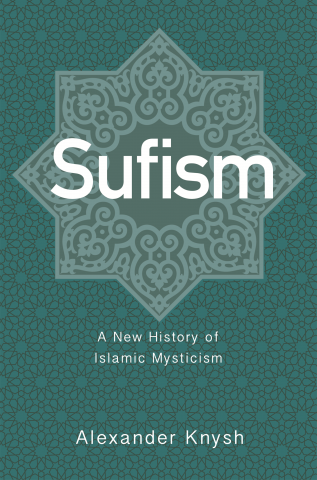
Sufism: A New History of Islamic Mysticism
By
Publisher Princeton and Oxford
Pub Date 2017
Pub Location AF
Isbn 0
Course(s)
Description
The author explores how Sufism has been viewed by both insiders and outsiders since its inception in the ninth century CE and during the pre-modern and modern periods. He examines the key aspects of Sufism, ranging from definitions and discourses (teachings) to leadership, sects, and biographies. He devotes special attention to Sufi approaches in the Qur’an, and proposes some similarities in using of divine texts in Judaism and Christianity. He shows how Sufism grew from a set of simple moral-ethical teachings into a sophisticated world-orientated tradition, whereas Sufi masters (shaykhs and pirs) being powerful players in Muslim public life. Alexander Knysh illustrates how their authority was challenged by those advocating equality of all Muslims before God regardless of their level of spiritual and intellectual attainment. Using concrete examples from Yemen and the North Caucasus, he examines the roots of the ongoing conflict between the Sufis and their fundamentalist critics, the Salafi Muslims⎯as a major fact in today’s Muslim life. Based on a rich collection of primary and secondary sources, Sufism is considered as a comprehensive and compelling account of Islamic tradition from an important viewpoint.
|